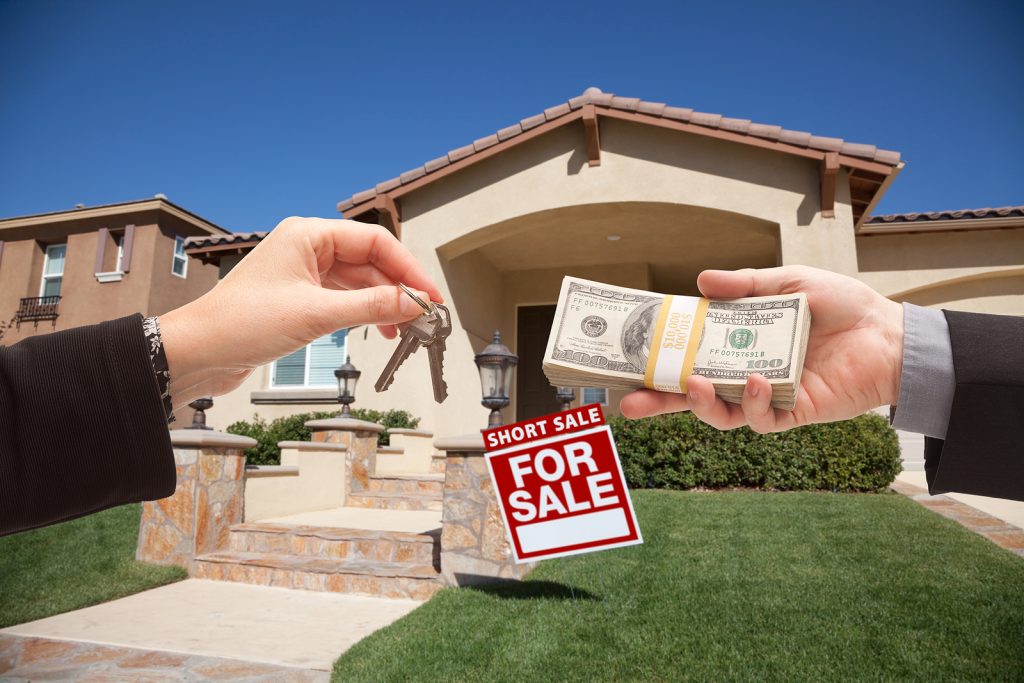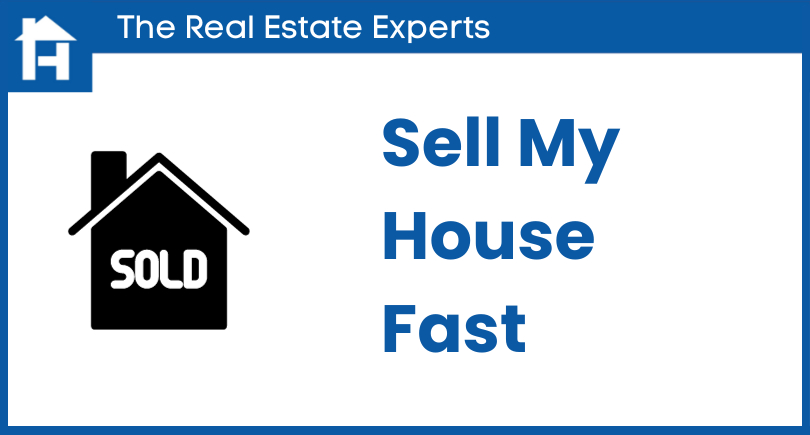If you’re thinking, “I want to buy my house,” it’s essential to understand the process and ensure you’re making informed decisions.
Understanding Market Value
The first step in selling your home is determining its market value. This is the price a buyer is willing to pay and a seller is willing to accept, based on current market conditions. To estimate this value, you need to look at recent sales of similar properties in your area. These “comparables” help you understand what buyers are paying for homes like yours in the current market.
Market value isn’t just about the size or condition of your home. It also considers broader factors like supply and demand. For example, if there are more buyers than available homes, you might get a higher price. Conversely, if the market is saturated, you may need to adjust your expectations.
The Pitfalls of Selling to Investors

In Buy My House, homeowners pitch their properties to a small group of investors, similar to the format of Shark Tank. While this might seem like a quick and easy way to sell, it often comes at a cost.
As Mark-André Martel, a broker with Groupe Sutton, points out, sellers on the show are often at a disadvantage. They’re typically uninformed about their home’s true market value and motivated by speculative reasons, which can lead to accepting offers far below what their property is worth.
Investors, on the other hand, are focused on profitability. They’re looking to buy low and sell high, which means their offers are often significantly lower than what you might get on the open market. As Nathalie Bégin of RE/MAX explains, “Investors are never going to be moved to offer hundreds of thousands of dollars for emotion. For them, it’s all about the return.”
Why the Open Market is Your Best Bet
If you’re thinking, “I need to sell my house,” listing it on the open market is usually the best way to ensure you get the best price. By exposing your property to a wide pool of potential buyers, you increase your chances of receiving competitive offers. This is especially important because individual buyers are often willing to pay more than investors, particularly if they’re emotionally connected to the property.
Mark-André Martel emphasizes the importance of proper pricing and marketing. “When a house is listed at 850,000 and my clients receive offers of 700,000, I guide them to succeed in selling it at the asking price or even higher,” he says. This approach ensures that sellers don’t leave money on the table.
The Emotional Factor
One of the key differences between selling to an investor and selling to an individual buyer is the emotional factor. While investors are solely focused on numbers, individual buyers might be willing to pay a premium for a home that meets their needs or resonates with them emotionally. This is something Buy My House often overlooks, as the show prioritizes quick deals over fair market value.
The Risks of Dealing with Investors
While Buy My House highlights the convenience of selling to investors, it also underscores the risks. Investors typically aim to buy properties at 10% to 30% below market value, claiming they can offer a quick sale and save you on broker fees. However, as Mark-André Martel notes, this often comes at the expense of the seller. “Bringing in investors is for people in a big hurry and poorly advised, who will sell at a loss,” he says.
Investors also factor in their own costs, such as brokerage fees and potential renovations, when making an offer. This means that even if your home is worth 850,000, they might only offer 700,000, leaving you with significantly less than you could have earned on the open market.
Preparing to Sell Your Home

If you’re serious about selling your home, preparation is key. Start by researching comparables in your area to get a clear idea of your home’s market value.
Work with a knowledgeable real estate agent who can help you price your property competitively and market it effectively. This will ensure that you attract the right buyers and receive offers that reflect your home’s true worth.
Mark-André Martel also advises sellers to be cautious when dealing with investors. “It’s very clear in this context that investors are forced to buy lower than the open market would provide,” he says. “For the seller, there is no benefit to be had in this show’s dynamic.”
Final Thoughts
While Buy My House might make selling your home to investors seem like an attractive option, it’s important to weigh the pros and cons carefully. Selling on the open market, with the help of a skilled real estate agent, is usually the best way to ensure you get the best price for your property.
By understanding your home’s market value and preparing your arguments, you can avoid the pitfalls of selling to investors and make a decision that benefits you in the long run.
So, if you’re thinking, “I want to buy my house,” take the time to explore all your options. Whether you’re selling to an investor or listing your home on the open market, being informed and prepared will help you achieve the best possible outcome.
